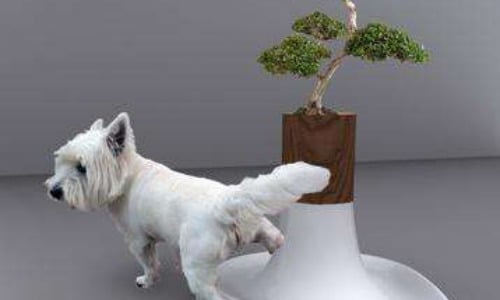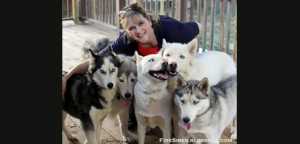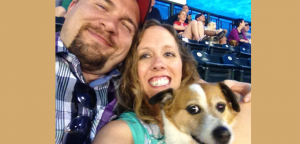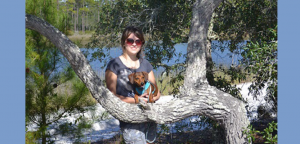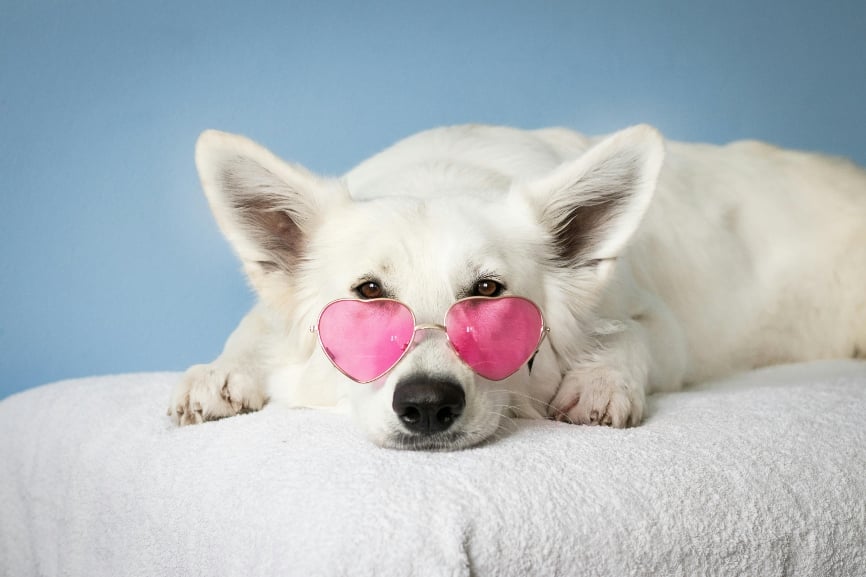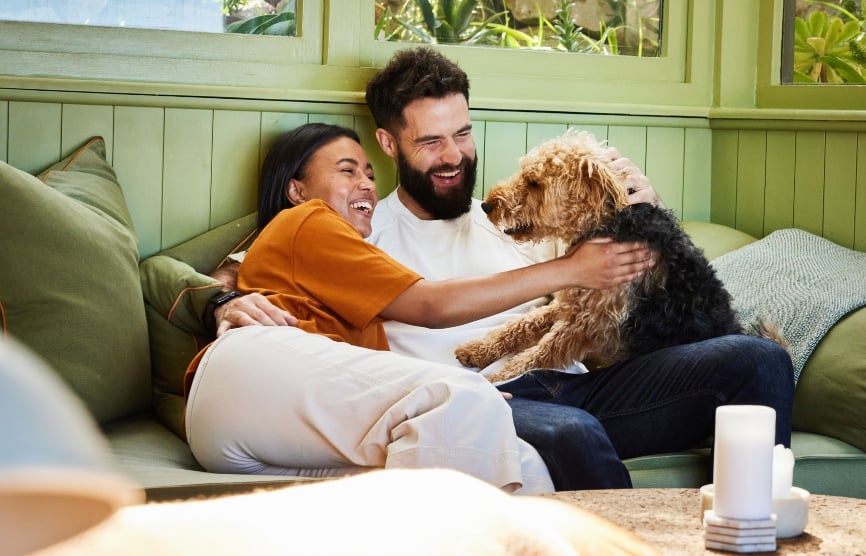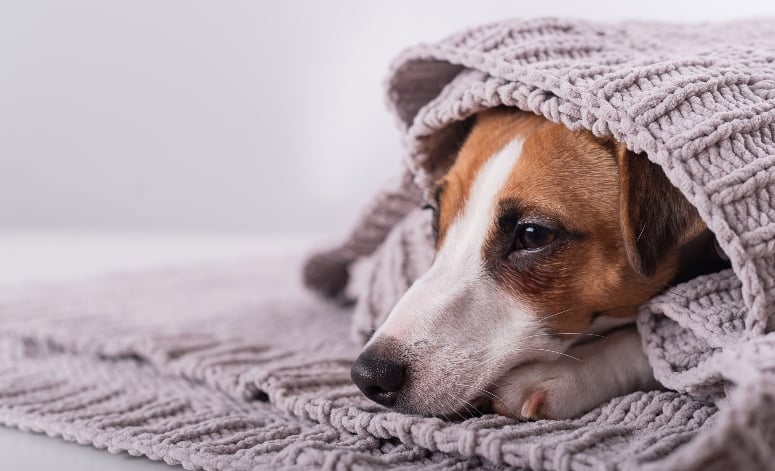Key Takeaways
- Housebreaking a puppy is challenging but a necessary part of training.
- Consider skipping indoor training pads to encourage dogs to use the bathroom outside.
- Consistency, patience, and good cleaning are necessary during potty training.
- Watch for a dog’s “potty warning signs,” such as whining and sniffing.
- Don’t push potty training too fast or punish a dog for an accident.
Because it’s never easy to housebreak a puppy, we enlisted the help of eight pet’s choice ambassadors to share their stories of canine potty training trials and tribulations. Below, find some of the most common mistakes people make when house training, as well as some of the best ways to avoid those pitfalls, courtesy of a group of pet lovers who are as knowledgeable about their dog training as they are prolific in their blogging.
From Dorothy Wills-Raftery at Five Sibes:
“With our first Husky, we trained her using puppy potty (or pee) pads. The downside to potty training pads is that while it gives your puppy a designated place to go in the house, that place is still indoors. To this day, if our first Husky doesn’t get let out on time, she will have an “accident” on purpose in the exact same spot the potty pad used to be located when she was potty trained as a pup!
With our second Husky, and later on with the three litter mates, we made the conscious decision to skip the training pads entirely and instead we would let them outside within 15 to 20 minutes of eating and drinking water and on the hour, every hour, unless they were sleeping. Then when they woke up, they were let out immediately. Every time they did their business outside, they were rewarded with great praise and positive reinforcement…and of course, treats! Very quickly they learned to go outside and to this day they will “woo” (a Husky trait) to let us know.
Of course we realize that this won’t work for everyone as folks have busy schedules and are not always home to train in this manner. There are some “nevers” that puppy parents should remember, regardless of the type of training selected:
- If your puppy has an accident, never yell at him! He’s in the learning stage, so always use positive reinforcement by picking him up and showing him the right spot where it is okay to go. And then praise and reward!
- Never push a puppy’s nose into their “business.” It doesn’t teach her anything at all. And would you want someone to do that to you?
- If you can’t be home to let a new puppy in training out on a schedule, never let them sit in their mess all day until you come home. Use a crate (they view it as their den and are less likely to mess in it) and have a trusted friend or family member come over to give the puppy the much-needed potty breaks to relieve them and to reinforce training, and, of course, give the pup lots of love.
Through consistent training with positive reinforcement and praise, our Husky puppies learned to “potty outside” on command in a very short period of time.
Patience, consistency, repetition, positive reinforcement, and love are all key to having a happy and well potty-trained puppy.”
From All About Max:
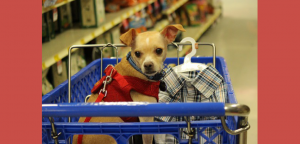 “When it comes to potty training pups, one BIG suggestion comes to mind: consistency!
“When it comes to potty training pups, one BIG suggestion comes to mind: consistency!
Depending on your pup, learn how long it will be after feeding your new family member before it’s time to visit mother nature. Praise your pup when the time comes and then start keeping your pup on a schedule and don’t stray from it… Have the same outdoor potty times every single day and soon it will just be automatic to your pup that outside is where we do that at the set times!”
From A Tale of a Tail:
“I got adopted as an ‘adult,’ so my people didn’t have to put much work into potty training me. But some tips I have include:
- Be patient. Even us older dogs can have accidents, especially at first since we’re in a new place and everyone’s still figuring out schedules and timing.
- When accidents happen, take us outside immediately so we can finish the job appropriately. THEN clean it up using an enzyme cleaner like Nature’s Miracle. If it’s not cleaned up properly, then we’ll keep coming back to freshen up the smell!
- Don’t rub our noses in the accident or whack us with a rolled up newspaper (or anything else for that matter). It doesn’t help and the nose rubbing thing is just plain gross.”
From Lisa Brown at Dogs N Pawz:
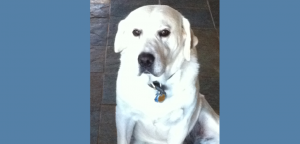
“I feel that a common mistake made when potty training is to rub the dog’s nose in his urine. When I was younger, I was always told to rub my dog’s nose in his urine to potty train him.
As I have gotten older and I hope wiser, and have potty trained several puppies, I have found the best way to potty train is to consistently take the puppy outside to potty during the day and to praise him and reward him with small treats when he does his business outside. Taking them outside consistently has worked the best for me.”
From Rebecca Camarena at DOGS RULE, Cats Drool:
“Too often pet owners forget to take their dogs out until it is too late. Owners often dismiss or fail to notice the signs that the dog is sending to you, sniffing, whining, or scratching. A little pup can only hold his bladder for about one to two hours. Puppies need privacy and should be encouraged to go in the same place each time away from onlookers and street noise.”
From Dachshund Nola:
“The three biggest mistakes people make with house training:
- Punishing the puppy or dog when they haven’t taught the dog what to do.
- Pushing it too fast, and giving the dog more freedom before they’re ready for it.
- Getting too wrapped up in the stress of house training and not enjoying those puppy days that pass so fast.”
From Aimee at Irresistible Pets:
“Don’t get lazy! Stay ahead of potty training by creating a schedule and sticking to it! Don’t yell and act crazy if they have an accident. Give them a stern NO and move on. Only if you witness the accident! Always praise good behavior!”
For our own tips to potty train a pup, please go to How To Potty Train a Puppy Fast.
